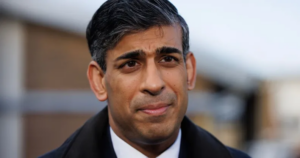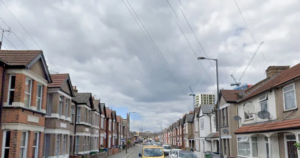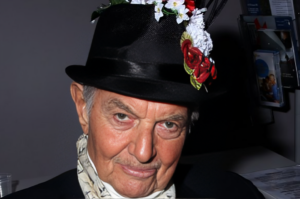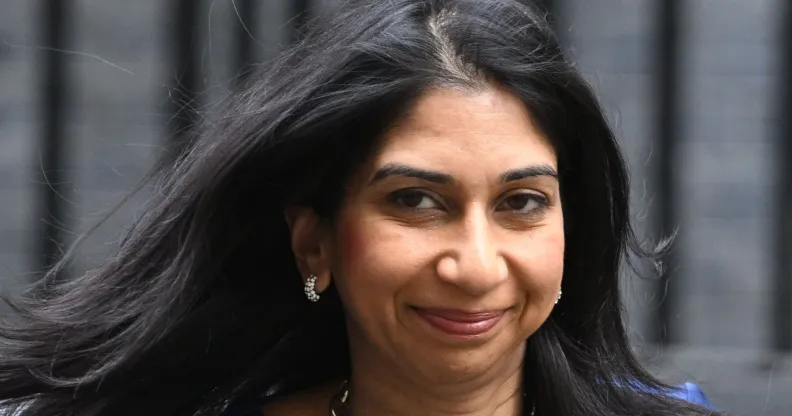
The Home Office has initiated a review into what it perceives as “activism and impartiality” within the police force. This move follows comments made by Home Secretary Suella Braverman, who appeared critical of police officers participating in activities such as “dancing and fraternising” with LGBTQ+ activists and displaying the Progress Pride flag.
Braverman's announcement on September 2nd signaled her intention to investigate allegations of “political activism” among the police. She asserted that the police should concentrate on combatting crime rather than engaging in what she labeled “political matters.” In an open letter dated September 1st addressed to the chief constable of England and Wales, Braverman cited several instances of what she considered “political matters.” These included associations with activists, displaying the Progress Pride flag, which she argued symbolizes “highly contested ideologies,” and actions such as painting police cars in Progress flag colors, taking a knee in solidarity with the Black Lives Matter movement, apologizing for institutional racism, and promoting concepts like critical race theory, gender ideology, and eco-extremism as policing frameworks.
The vast majority of police officers work incredibly hard for the British people.
— Suella Braverman MP (@SuellaBraverman) September 2, 2023
But police getting involved in politically contentious matters is shaking public confidence.
I've written to policing leaders to remind them of the importance of remaining impartial 1/2 pic.twitter.com/E8kQNlLSNz
Braverman contended that such actions eroded public confidence in the police force, which has witnessed a significant decline in recent years, partly due to high-profile cases of mismanagement and misconduct, including the murders committed by Grindr killer Stephen Port and the tragic killing of Sarah Everard by a serving Metropolitan Police officer. An independent review by Baroness Louise Casey also found the Metropolitan Police to be institutionally homophobic, racist, and misogynistic.
Despite these challenges, Braverman's focus appears to center on rebuilding public confidence by discouraging police officers from displaying LGBTQ+ Pride flags. She suggested that flags like the “Progress flag” would likely require consent from relevant planning authorities, and officers should avoid wearing or waving badges or flags that could undermine their oath of impartiality or cause the public to question their neutrality.
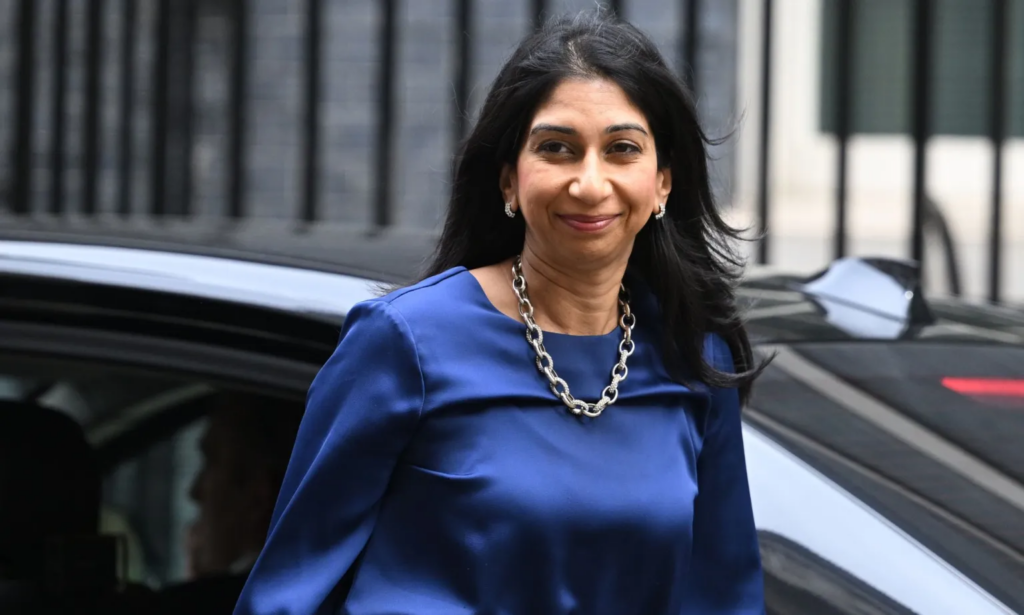
Braverman's decision to launch a review into political bias in policing has drawn criticism from opposition parties. The Labour Party accused her of “commissioning reports into her own political obsessions,” while the Liberal Democrats' home affairs spokesperson, Alistair Carmichael, characterized it as an attempt to wield the police as a weapon in a cultural dispute.
Metropolitan Police Chief Mark Rowley also entered the conversation with comments on dress code policies, expressing a somewhat narrow view on officers displaying rainbow flags or climate action badges. However, the Met Police later clarified that its dress code policy remained unchanged and allowed officers to wear insignia associated with specific charities.
Rowley emphasized the importance of engaging with diverse communities and understanding their concerns as an essential aspect of policing by consent in London, one of the world's most diverse cities. He argued that while individual officers might personally support causes, the organization as a whole must maintain impartiality and remain focused on its core mission.
In conclusion, the Home Office's review into activism and impartiality within the police has sparked a debate about the role of law enforcement in engaging with various social and political causes. This development highlights the tension between police officers' individual beliefs and the need for a neutral and impartial police force in a diverse and complex society. The outcome of this review and the broader discourse surrounding it will likely have significant implications for the future of policing in the United Kingdom.
Author












